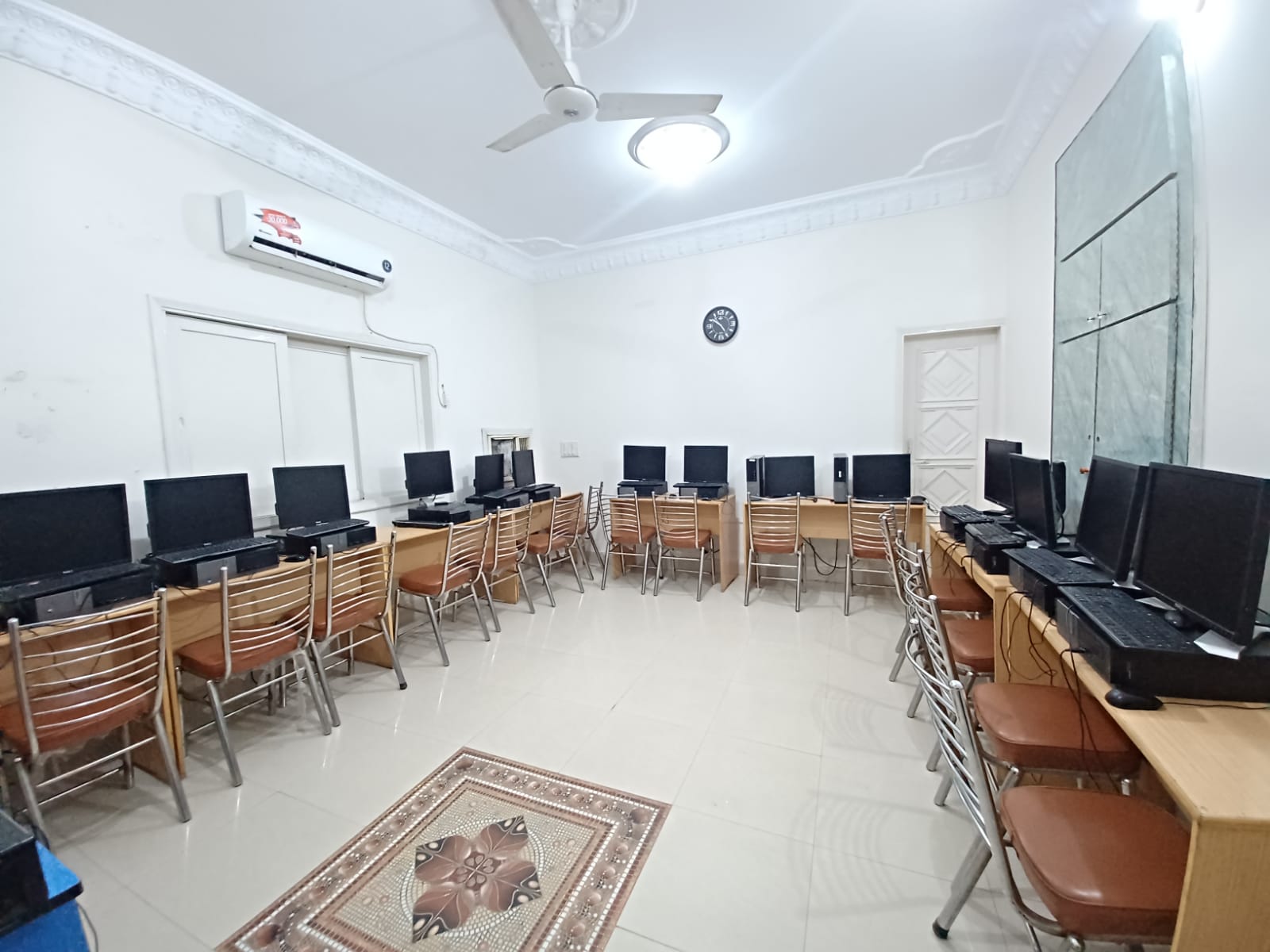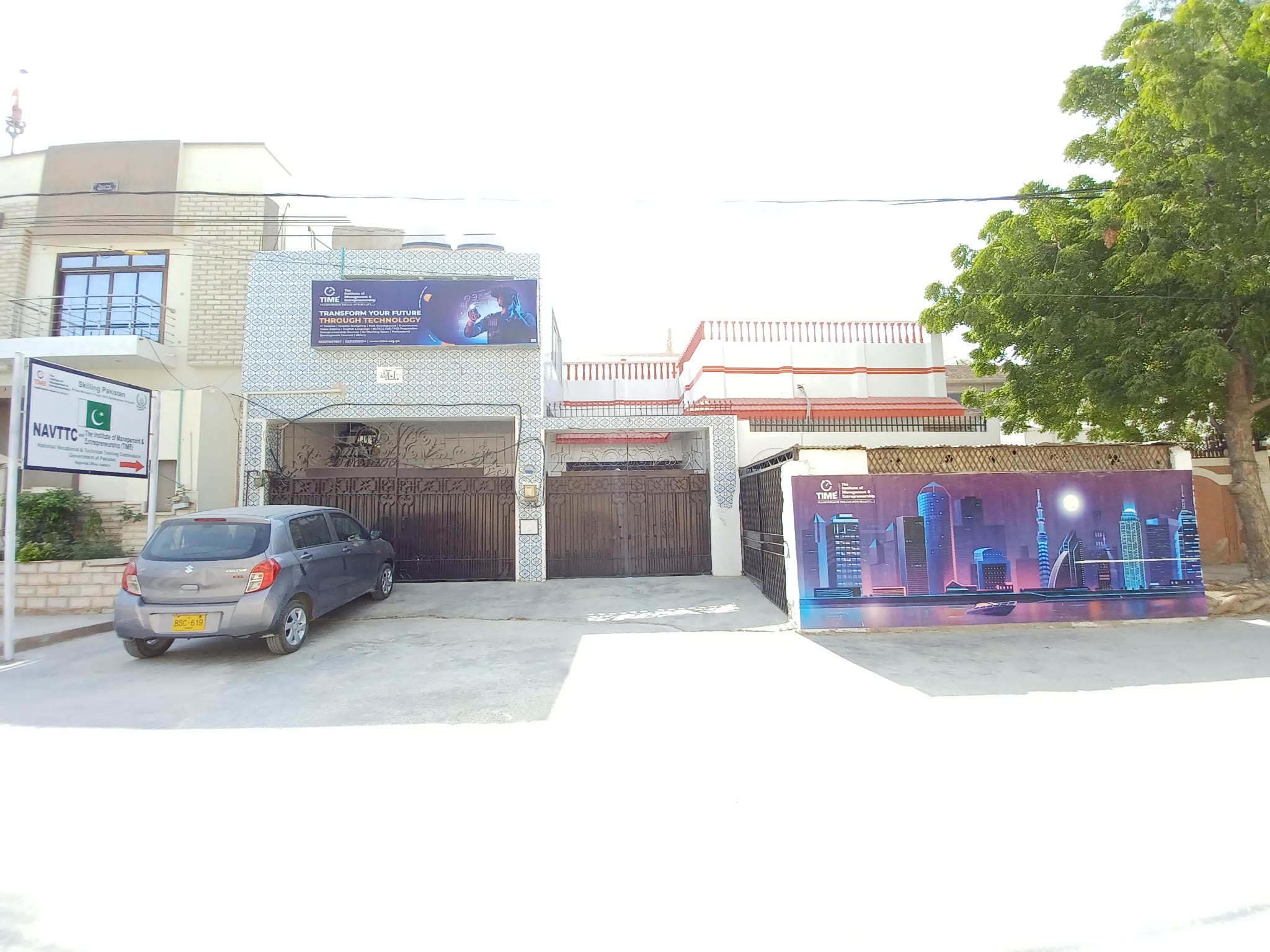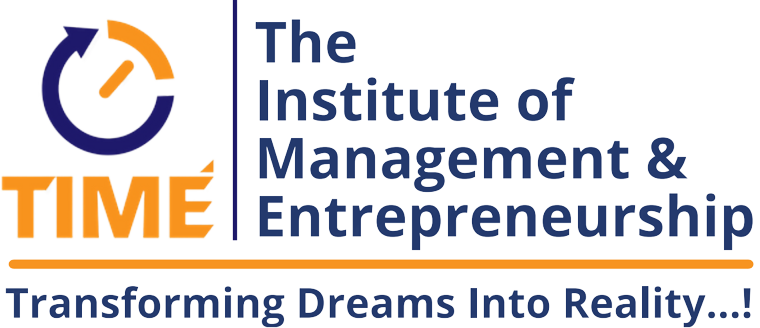Gallery
- Infrastructure

Training Hall
Training hall is a multi-purpose hall, where we conduct training, seminars, career counselling sessions and it is used as a lab as well.

Computer Lab 1
Our Institute believes in providing practical knowledge, therefore we keep our labs equipped with all necessary tools.

Computer lab 2
We believe in providing elegant and comfortable seating and proper equipment.

Computer Lab 3
Giving enough time to students to practice is the key to their success in IT career.

AC Class Room 1
A comfortable class room can boost the focus of student 10x times more than a conventional class room.

AC Class Room 2
A comfortable class room can boost the focus of student 10x times more than a conventional class room.

AC Class Room 3
A comfortable class room can boost the focus of student 10x times more than a conventional class room.

AC Class Room 4
A comfortable class room can boost the focus of student 10x times more than a conventional class room.

XL LED Screens
Teaching by practically showing how things are done is the only way to enhance understanding of students and make them capable of meeting industry standards.

Library

Entrance

